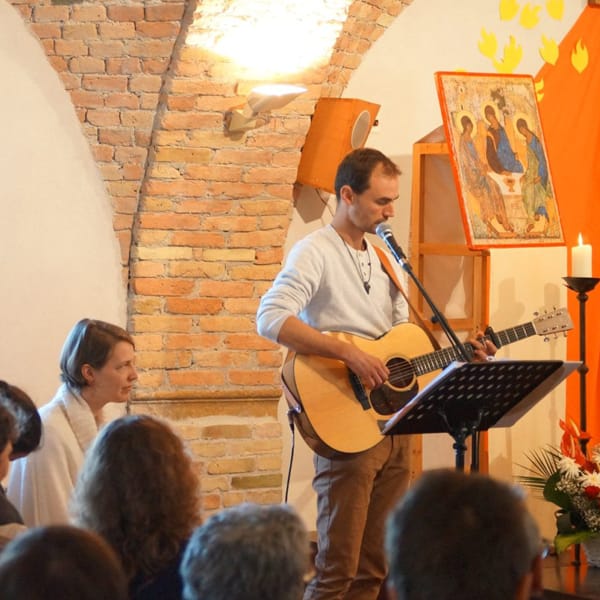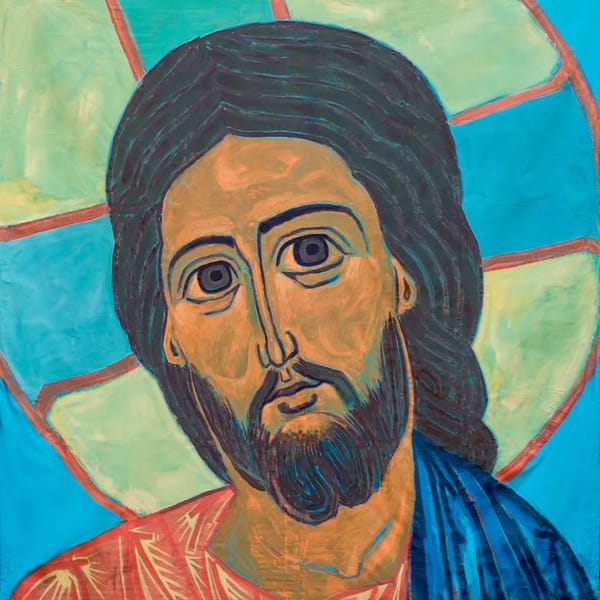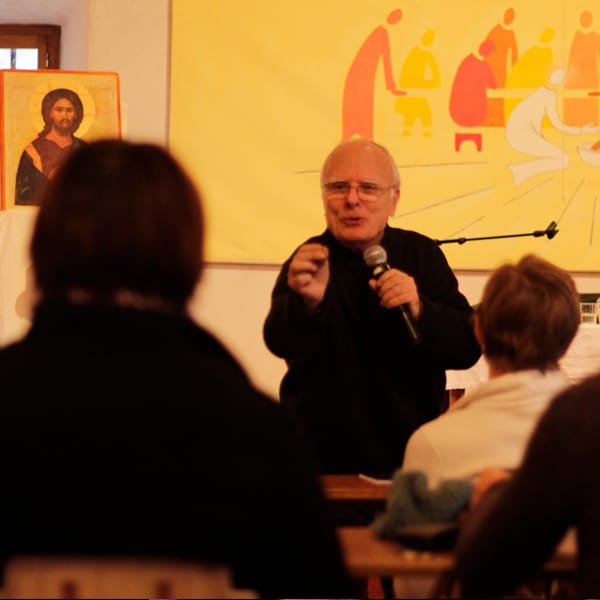The Bible School courses are taught by professors who also teach in European Bible faculties. HDS follows courses in Bible and theology. Each week is devoted to a particular theme.
The training programme aims to deepen one’s faith and broaden one’s view of the world and the Church. A new theme is introduced through the teaching. Question and answer time with the speaker and group work are an integral part of the Bible school programme. This training is supported by a course of continuous reading of the Bible.
Examples of courses:
THE CHALLENGE OF FELLOWSHIP | THE GOSPEL OF MATTHEW: THE JUSTICE OF THE KINGDOM OF HEAVEN | THE LIFE IN THE SPIRIT | CHRISTOLOGY | INTRODUCTION TO ECUMENISMAN | ANTHROPOLOGY OF THE OLD TESTAMENT | BEING A MISSIONARY | MORAL THEOLOGY | THE LETTERS OF SAINT PAUL

The challenge of fellowship
Fellowship is something we all aspire to. However, it is not easy to realise.
In the Bible, right from the book of Genesis we see the first fellowship fail through the murder of Abel by Cain. We have to go through several stories to discover a long path towards fellowship that requires steps of movement, truth, and reconciliation.
This is true both in the story of Joseph’s brotherhood that occupies much of the book of Genesis, and in the fellowship of Jesus’ disciples, and ultimately in our own relationships that we are called to live.

Matthew’s Gospel: the justice of the kingdom of heaven
The aim of this course is to explore the life, death and resurrection of Jesus Christ through the eyes of the evangelist Matthew.
We will enter into the question of the “justice of the kingdom of heaven” which is at the heart of the Matthean perspective. The course provides an introduction to the Gospel as a whole, as well as to Matthew’s own objectives.
The “righteousness of the kingdom of heaven” is evident in our time. “Whatever you want people to do for you, you do for them” (Mt 7:12) – this teaching has never lost its relevance.

Life in the Spirit
Life in the Spirit is a fundamental aspect of the Christian life.
It is not an option reserved for certain spiritual movements, but a necessity for every Christian. There is no Christian life without the Holy Spirit. Joseph Ratzinger (Benedict XVI) said: “We must recognise that, for a long time, Catholic theology has considered the Holy Spirit as the ‘unknown god’.
Even though his name is constantly invoked, few know who he is, what strength he has, what horizons of life with God and in God he opens to us.
The aim of the week is to get to know more about the Person of the Holy Spirit and his gifts, through a theological approach, elements of the history of the Charismatic Renewal, and the personal experience of the relationship with Him in prayer.

Christology
We are often no longer surprised by the Christian faith.
We need to rediscover the wonder of what was, and continues to be, “a scandal to the Jews and foolishness to the Gentiles” (1 Corinthians 1:22): God who became man in order to save us and introduce us to the life of God.
How did the early Christians discover that the man Jesus is God who saves?
How many centuries of fiery reflection were needed to avoid betraying the unfathomable mystery of God’s commitment to man?
This course takes us to the heart of our faith, for Christianity is not a set of rules and dogmas to be held.
Christianity is the person of Christ.

Introduction to Ecumenism
Christian unity is an increasingly urgent call from the Church and its leaders.
It is also the main commitment of the Chemin Neuf Community.
Indeed, we are all heirs to Jesus’ prayer “That they may all be one, as you, Father, are in me and I am in you, that they also may be in us, so that the world may believe that you sent me” (John 17:21).
The first step towards unity is the discovery of the other in their richness and difference.
We take time to welcome and listen to speakers from different Christian traditions who present the history and the most important points of their churches.

Anthropology of the Old Testament
Through the study of several Old Testament texts and the discovery of Hebrew key words, we will be led to a first biblical conception of man, and to a first initiation into the functioning of Hebrew thought.
Questions addressed:
Man – what is he?
What drives his life?
What is his vital environment?
Man in his limits: birth, suffering, sin, death.
And finally: for what purpose is man created?

Being a missionary
We are all called to be missionaries in this world to bring the Good News of Jesus Christ.
This begins with an encounter.
Every new start in life is an opportunity for new encounters. Every new encounter is, on the one hand, a real challenge and, on the other, an opportunity for great openness and enrichment. But it is necessary to think about it and to prepare well for it.
The course proposes to give us the theoretical bases as well as the testimonies of the great experiences of missions of the speaker and guest speakers.